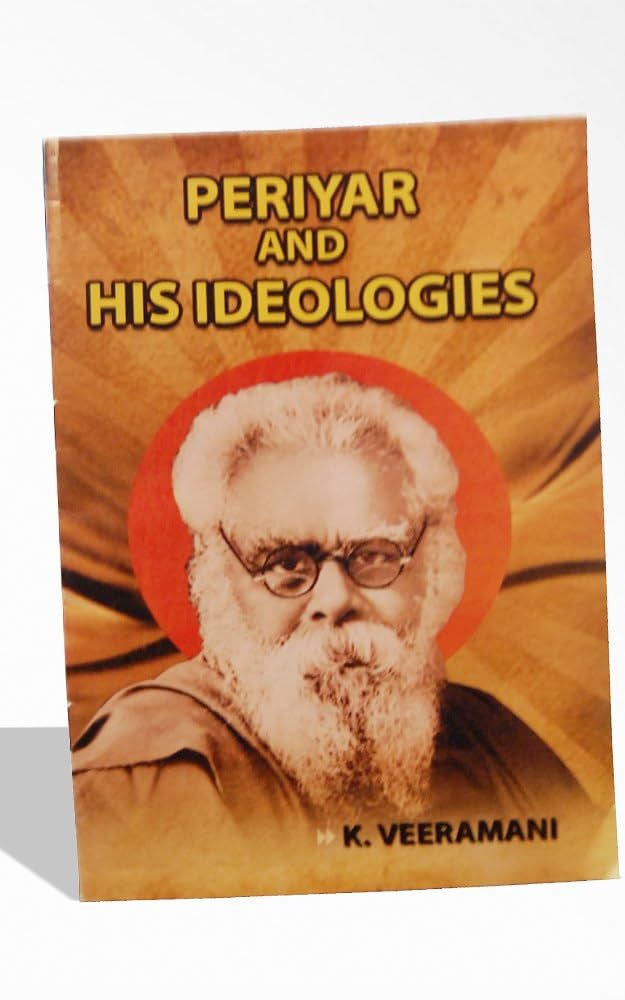E.V. Ramasamy
Social Reformer. Rationalist. The Father of the Dravidian Movement.
Breaking chains, challenging orthodoxy, and empowering the voiceless.
"Courage is not the absence of fear, but the triumph over it. I fear no one in this world but injustice."
About Periyar

The Revolutionary
Erode Venkatappa Ramasamy (1879–1973), affectionately known as Periyar, was an Indian social activist and politician who started the Self-Respect Movement and Dravidar Kazhagam. He was a champion of rationalism, women's rights, and social equality.
Throughout his life, Periyar fought against the caste system, advocated for women's rights, and promoted rationalist thinking. His progressive ideas and fearless activism transformed South Indian society, leaving an enduring legacy that continues to inspire millions.
Birth-Death
17 September 1879 - 24 December 1973
Birthplace
Erode, Tamil Nadu, India
Organizations
Dravidar Kazhagam, Self-Respect Movement
Known As
Thanthai Periyar (Father Periyar)
Movements & Reforms
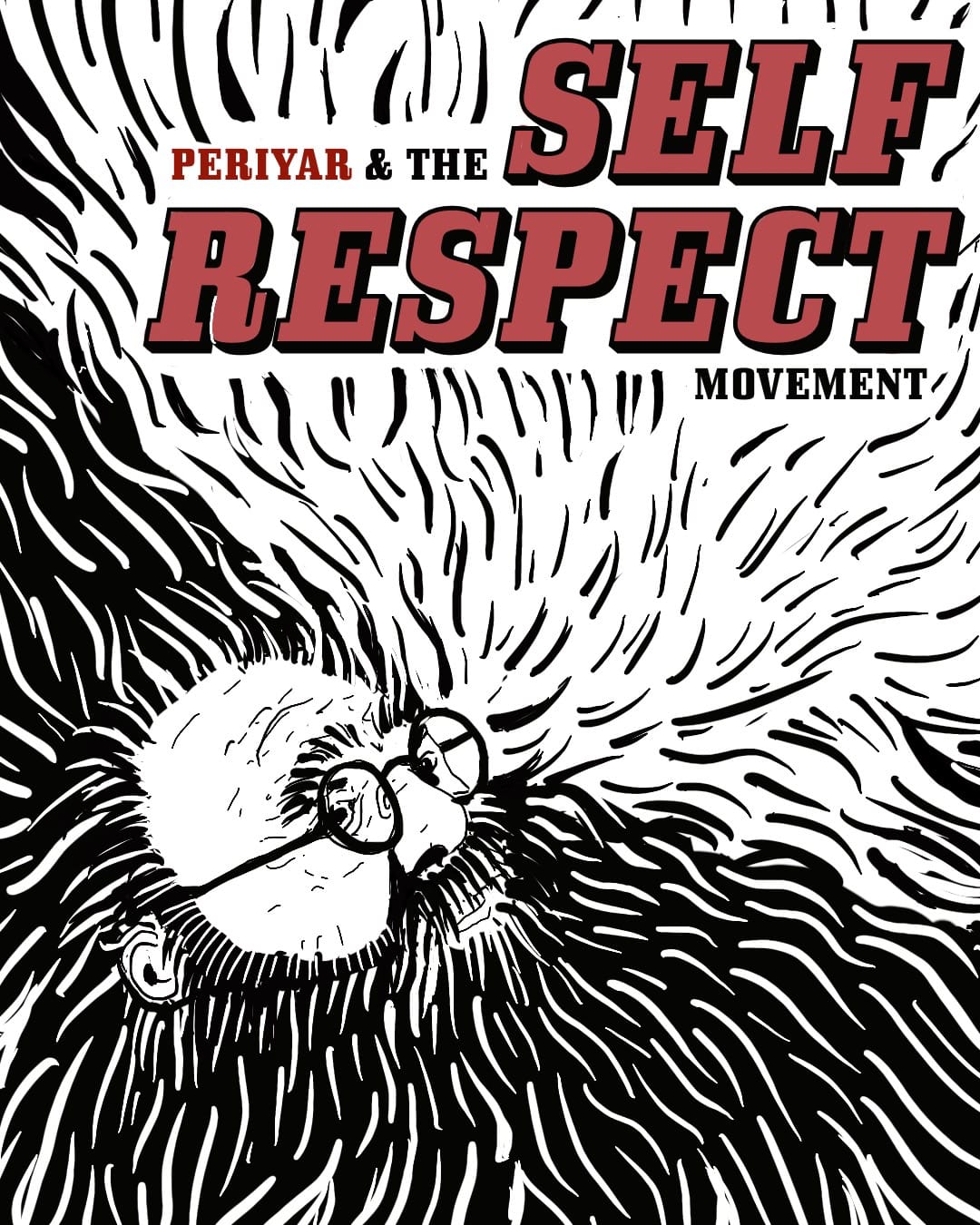
🧠 Self-Respect Movement
A movement to instill self-respect and dignity among all people, challenging Brahmin dominance and promoting equality.
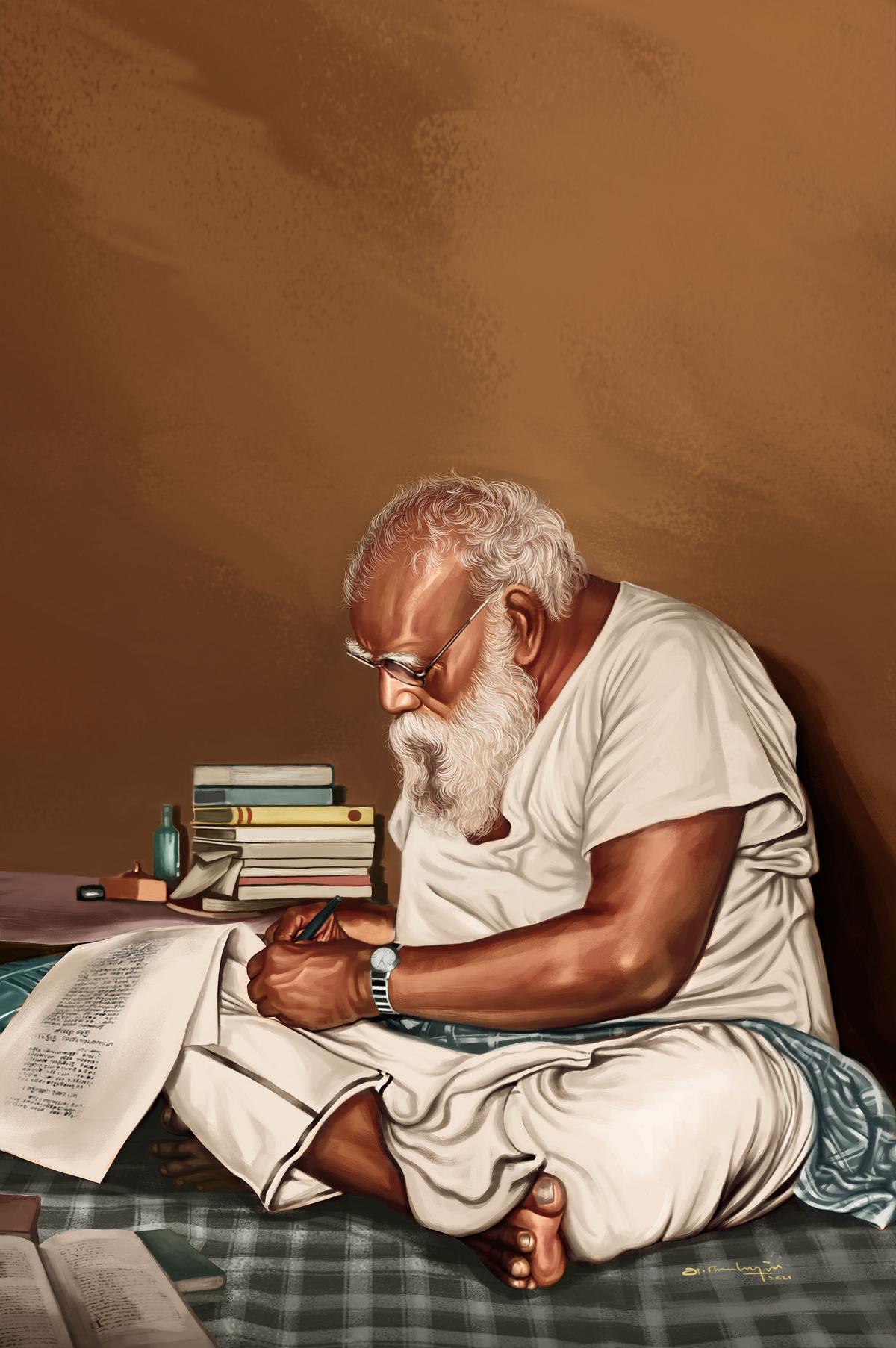
📚 Educational Reforms
Advocated for universal education, especially for the oppressed communities, to break socio-economic barriers.
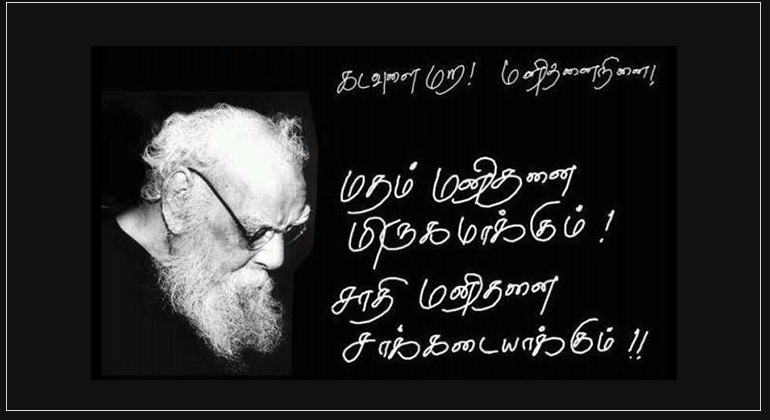
⚖️ Anti-Caste Campaigns
Fought against the caste system, temple entry prohibitions, and socio-cultural practices that discriminated against lower castes.
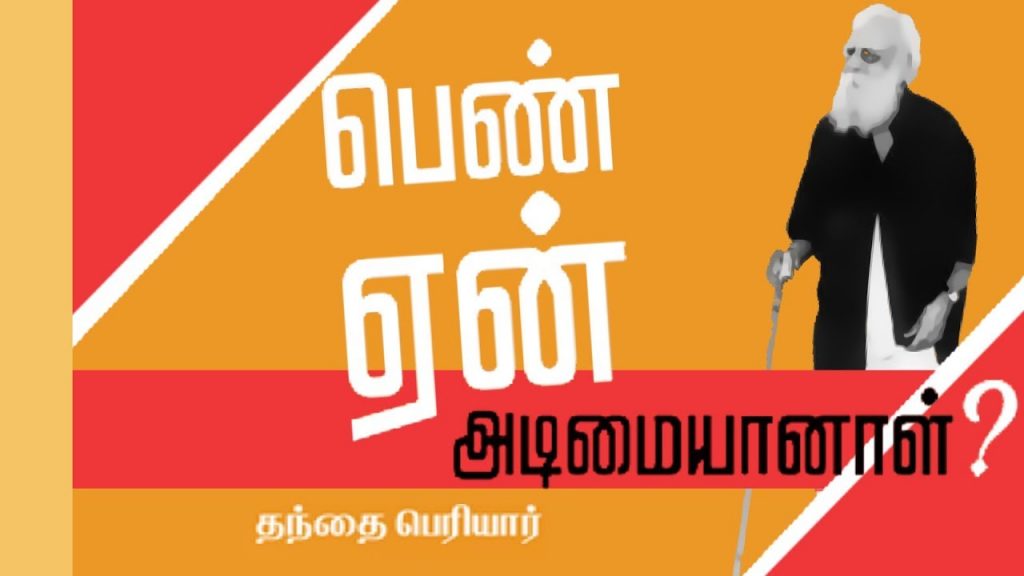
🚺 Women Empowerment
Championed women's rights, including property rights, education, and freedom from oppressive traditions like child marriage.
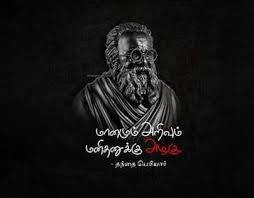
📢 Rationalism & Atheism
Promoted rational thinking and challenged religious superstitions that perpetuated inequality and hindered social progress.
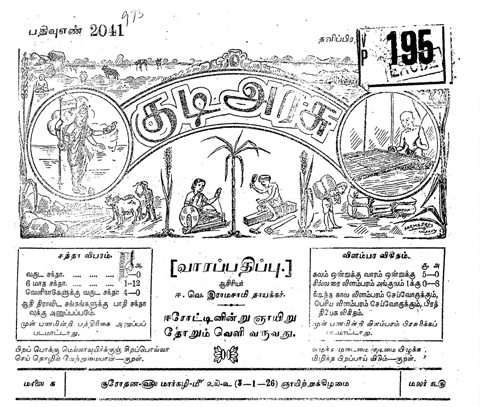
📰 Kudi Arasu
Influential weekly Tamil journal that served as a platform for Periyar's revolutionary ideas and social critiques.
Life & Legacy Timeline
Birth
Born on September 17 in Erode, Tamil Nadu to a wealthy family.
Joining the Indian National Congress
Became an active member of the Indian National Congress and worked with Gandhi.
Self-Respect Movement
Founded the Self-Respect Movement, promoting equal rights and social justice.
Breaking of Brahminical Idols
Led controversial protests against religious superstitions and caste-based discrimination.
Tamil Nadu Women's Conference
Organized the Tamil Nadu Women's Conference, promoting women's rights and education.
Dravidar Kazhagam
Founded Dravidar Kazhagam, which became a powerful political and social force in South India.
UNESCO Award
Honored by UNESCO for his work toward social reform and equality.
Death
Passed away on December 24, leaving behind a powerful legacy of social reform.
Ideologies & Impact
Core Principles
Periyar's philosophy was centered around rational thinking, social justice, and equality. He challenged the status quo and fought against superstitions, caste discrimination, and gender inequality throughout his life.
Years of Life
Years of Activism
Speeches & Rallies
Powerful Words
Wisdom lies in thinking. The spearhead of thinking is rationalism.
There is no god. He who created god is a fool. He who propagates god is a scoundrel.
Religion has made people blind, disabled them, filled their hearts with darkness and destroyed their brains.
The moment a person gives up his right to think, he enslaves himself.
Photo Gallery
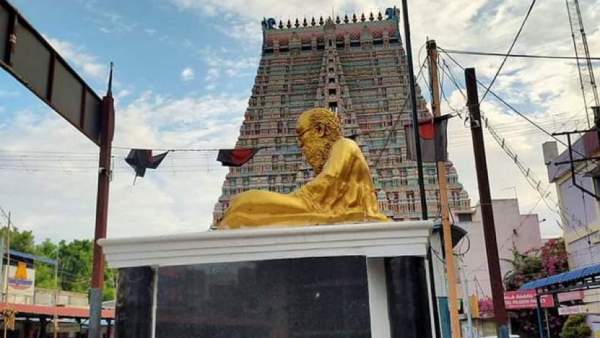
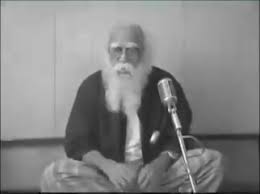
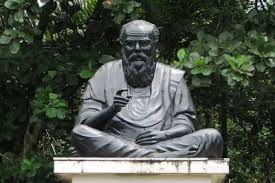
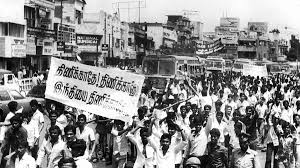
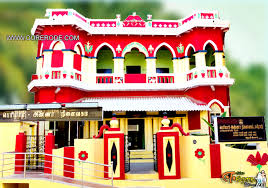
Modern Relevance
Periyar's ideas continue to resonate today, addressing ongoing social challenges and inspiring new generations of activists.
Social Equity
His critique of caste hierarchy remains vital in ongoing struggles for social justice and equal representation in modern democratic institutions.
Today's Context
Contemporary movements for representation in education, government, and private sectors draw from Periyar's advocacy for proportional opportunities.
Women's Rights
Periyar's progressive stance on women's autonomy and equality provides a foundation for modern feminist movements in India.
Today's Context
Current campaigns for workplace equality, reproductive rights, and against gender-based violence echo Periyar's radical gender equality principles.
Rational Thinking
His emphasis on rational inquiry and questioning traditional authority serves as a blueprint for contemporary skepticism and scientific thinking.
Today's Context
Modern science communication and anti-superstition movements in India draw direct inspiration from Periyar's rationalist approach.
Cultural Identity
Periyar's ideas on linguistic and cultural autonomy remain influential in discussions about regional identity within a globalized world.
Today's Context
Contemporary debates on language policy, cultural preservation, and regional autonomy reflect Periyar's emphasis on protecting distinct cultural identities.
Voices of Influence
“I do not wish women to have power over men; but over themselves.”
“I think realizing that you’re not alone, that you are standing with millions of your sisters around the world is vital.”
Continuing Legacy
His Lasting Impact
Periyar's ideas continue to influence politics, social reform, and cultural discourse in India, particularly in Tamil Nadu. His legacy lives on through various organizations, museums, and scholarly works dedicated to his philosophy.
Key Institutions
Periyar Thidal
Chennai headquarters of Dravidar Kazhagam
Periyar Memorial House
Museum at his former residence in Erode
Periyar University
Salem, Tamil Nadu
Periyar's Journey Map
Explore the key locations that shaped Periyar's revolutionary journey across South India and beyond.
Erode
Birthplace (1879)
BirthplaceVaikom
Site of the famous Vaikom Satyagraha (1924-25)
ProtestChennai
Headquarters of Dravidar Kazhagam
OrganizationTiruchirappalli
Self-Respect Movement conference (1929)
ConferenceLondon
International travel for rationalist conference (1932)
International


